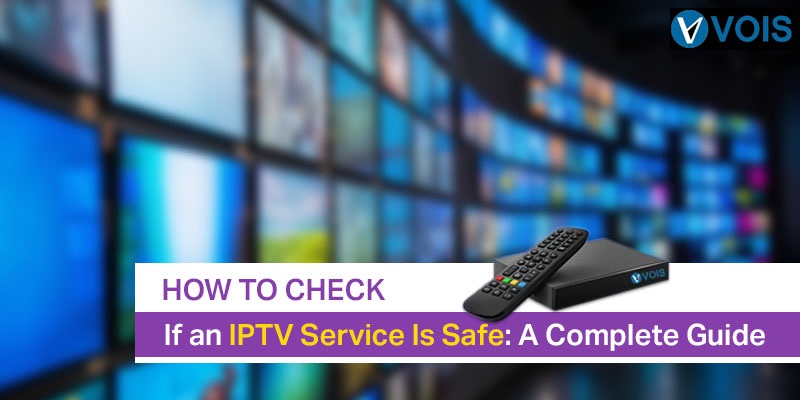
In today’s streaming-driven world, IPTV (Internet Protocol Television) has become a popular way to access live TV, movies, and shows. But with convenience comes risk.
Did you know that over 60% of free IPTV services are either illegal or unsafe?
From malware infections to legal troubles, the dangers are real. That’s why it’s crucial to know how to check if an IPTV service is safe before hitting that subscribe button.
In this guide, we’ll walk you through everything you need to know to make an informed decision.
A safe IPTV service isn’t just about streaming quality—it’s about trust.
Legitimate providers operate with proper licensing, ensuring they have the rights to broadcast content.
They also prioritize user safety by using encryption to protect your data and avoiding shady practices like injecting malware into their apps.
On the flip side, unsafe services often lure users with low prices or free access, only to expose them to risks like data theft, viruses, or even legal consequences.
Knowing what to look for can save you from these pitfalls.
A legitimate IPTV service will always have the necessary licenses to broadcast content.
Look for information about their licensing on their website or contact their customer support for details. If they’re vague or avoid answering, it’s a red flag.
Before committing, do some digging.
Check online IPTV reviews, forums, and social media for user experiences.
Reputable IPTV service providers will have a track record of positive feedback and transparent communication.
If you find complaints about malware, scams, or poor service, steer clear.
A trustworthy provider will have clear terms of service and a privacy policy that outlines how they handle your data.
If these documents are missing or overly vague, it’s a sign they might not have your best interests at heart.
1. Use Antivirus Software
Before installing any IPTV app, scan it with reliable antivirus software.
This can help detect malware or suspicious activity that might compromise your device.
2. Check for Secure Payment Methods
Legitimate services offer secure payment options like PayPal or credit cards, which provide buyer protection.
Avoid providers that only accept cryptocurrency or wire transfers, as these are often used by scammers.
3. Test the Service with a Free Trial
Many reputable IPTV providers offer free trials.
Use this opportunity to test the service’s quality, reliability, and safety features. If they don’t offer a trial, proceed with caution.
Not all IPTV services are created equal. Here are some warning signs to watch out for:
Using illegal IPTV services isn’t just risky—it’s against the law. Pirated content often funds criminal activities, and users can face fines or even legal action.
To stay on the right side of the law, stick to providers that clearly state their content is licensed. If you’re unsure, a quick online web search can help you verify their legitimacy.
Even with a safe IPTV service, it’s important to take extra precautions:
Streaming should be fun, not risky.
By following these footsteps, you can confidently check if an IPTV service is safe and enjoy your favorite content without worry.
Remember, a little research goes a long way in protecting yourself from malware, scams, and legal issues.
Have you ever encountered an unsafe IPTV service?
Share your story with us—we’d love to hear from you!
1. Is it safe to use free IPTV services?
Free IPTV services are often unsafe and illegal. They may expose you to malware, scams, or legal consequences. It’s always better to opt for a reputable, paid service.
2. How can I tell if an IPTV service is legal?
Check for proper licensing, read reviews, and look for transparency in their terms of service. If in doubt, consult online resources or legal streaming guides.
3. What should I do if I suspect my IPTV service is unsafe?
Stop using the service immediately, run a malware scan on your device, and consider reporting the provider to relevant authorities.